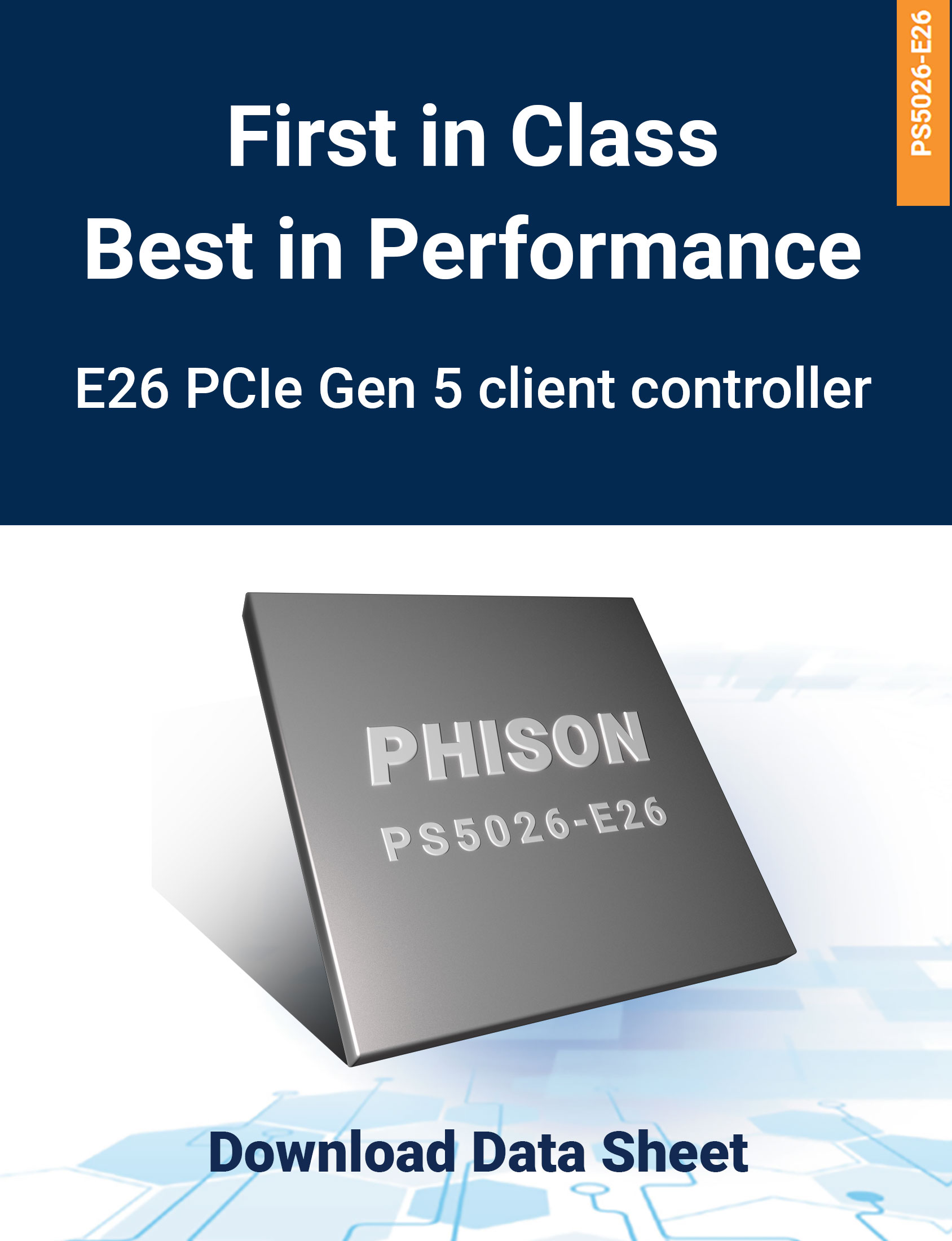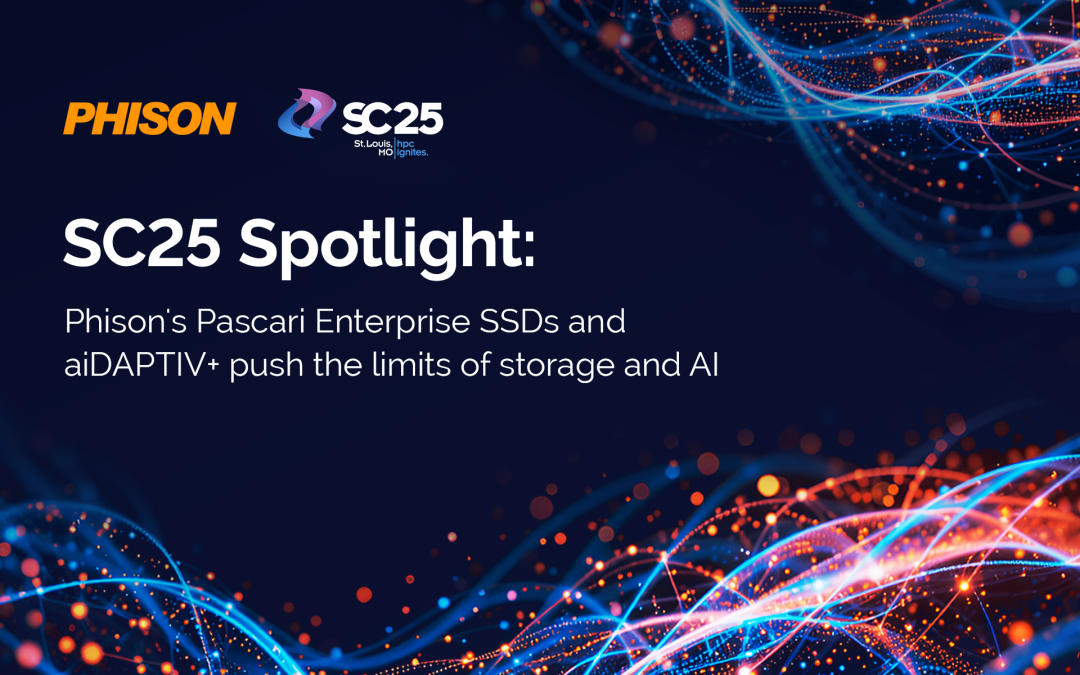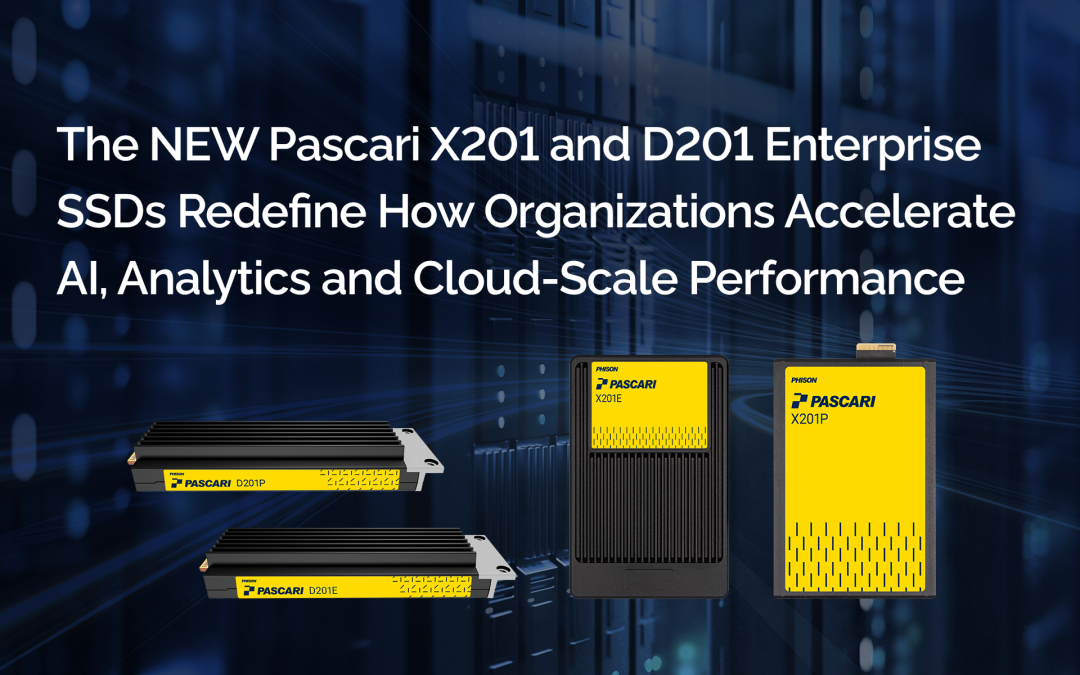Rugged Secure Digital (SD) cards are designed to operate at extreme conditions. They have higher tolerance for hot and cold temperatures, vibrations and shocks, grit and particulates, and corrosive materials and gases without loss of data or functionality.
They are used in mission-critical and industrial environments where a higher degree of reliability and availability is needed. For instance, SD cards used in airplanes need to withstand the constant vibration in flight and turbulence as well as rapid altitude changes while delivering peak performance.
Rugged SD cards are made of tough, high-quality components that can perform dependably over long periods of time to ensure maximum availability, minimal downtime and better ROI in “high-density” applications. While commercial grade TLC NAND can provide a good degree of reliability, rugged SD cards are typically composed of industrial grade TLC NAND, or commercial grade TLC NAND with pSLC mode, because of less probability of errors during each write cycle. Industrial grade TLC based rugged SD cards can withstand temperatures ranging from -40°C to 85°C. Capacity-wise, they’re available from 16GB to 256GB.
What are industrial SD cards?
While the terminology used in different scenarios may vary, industrial SD cards are rugged cards with higher levels of tolerance. Industrial grade TLC flash is the gold standard for industrial SD cards, given its superior performance and security features.
Another type of implementation of industrial SD cards is based on pSLC (Pseudo Single Level Cell) with page write mode as an industrial grade component. pSLC is a method to control NAND to only use the top and bottom states of the cell. It is very effective in reducing cell cross talk, data corruption, read disturb, power loss and data retention issues from TLC, making it almost as reliable as SLC NAND, and as a result, it is greatly applied in industrial grade product lines.
The differentiating factor of industrial SD cards is a locked Bill of Materials (BOM). This ensures that no changes to the critical components of the memory card or controller can be changed without issuing a new product number or advanced notification. This prevents unexpected failures and also helps product designers to better plan their transition to new memory cards.
Key factors to consider when choosing rugged or industrial SD cards
When choosing rugged or industrial SD cards, you need to look at the overall impact on business processes and total cost of ownership (TCO) rather than short-term cost savings. Here are the different things enterprise manufacturers need to evaluate while selecting a rugged SD card for a particular device or scenario:
Capacity and speed
Not all industrial applications need high storage capacity or superfast data transfer. However, as with any storage device, speed and size remain the benchmarks for SD card performance. Depending on the data types and sizes of files you need to store and process, most vendors offer rugged SD cards that use planar or 3D NAND flash technologies in different performance classes and densities.
High-speed data transmission is no longer a nice-to-have for industrial SD cards. Phison is a pioneer in this area, especially in the automotive field by providing high performance pSLC solutions for various major vehicle recording cameras and infotainment system manufacturers. These applications require high performance and low error rate to ensure safety and reliability, and Phison’s industrial product lineup is just the right choice for them.
Reliability and endurance
Industrial machines and devices tend to operate around the clock, seven days a week, 24 hours a day. Depending on their location and environment, they might be exposed to extreme temperatures, humidity and water seepage, movement and shock, electromagnetic interference (EMI), electrostatic discharge, dust and other physical stress.
On top of that, SDs can be crammed into tiny spaces and also subject to bending during frequent insertion and removal. The rugged SD you choose must be able to withstand rough use and extreme conditions for its stipulated lifetime without malfunctioning.
Customization
Given the extensive use cases in which SD cards enable data storage, you need to be sure the card you choose is the right one for your application or workload. Also make sure it is compatible with each and every device or machine that it will be embedded in. From the data processing point of view, you might need to pre-load customer consigned data and perform validation on third-party devices and systems.
Protection against power failure
Critical processes in an industrial or even commercial setting can be disrupted by power failure, causing loss of revenue and reputation. The importance of protecting mission-critical data against sudden power spikes or shortages can’t be overstated.
Industrial SD cards have a firmware backup mechanism called Sudden Power-Off Recovery (SPOR) that ensures data integrity during voltage fluctuations and sudden or frequent power cuts. When the power comes back on, SPOR traces and recovers any valid data that wasn’t saved.
Health monitoring
All flash memory has a finite lifespan and can be used only for a specified number of times. You don’t want to be caught unprepared when an SD card dies. A good vendor will offer real-time monitoring of health parameters such as erase count, bad block count, spare block count and remaining life, allowing you to avoid data loss and plan for replacement as the card reaches its end of life.
Phison’s SD cards come with “SMART” health monitoring that maximizes the card’s lifetime and functionality and protects data integrity of the system. Features such as Auto Read Refresh dynamically scan blocks in the background and prevent read disturbance errors without affecting ongoing read/write operations.
Phison also has legendary Reliability Analysis/Failure Analysis (RA/FA) capability built into its operations. Customers get immediate answers, suggestions and direct troubleshooting support – over remote video sessions with step-by-step instructions – when they have an issue with their industrial SD cards.
Data integrity
Imagine a self-driving car with corrupted data in its SD card. It might decide not to stop at a red light or fail to spot pedestrians crossing the road. Read disturb errors and data corruption caused by frequent reading of the same blocks of a card might cause such an error.
Reliability and data integrity are of prime importance in industrial SD cards. Does your card monitor the error bit level in every operation, alert you when the error bits in a block exceed the threshold value and move the data to a healthy block?
Compatibility
Physically, consumer and rugged or industrial SD cards are indistinguishable from one another. They will fit into any device with the right-sized slot but there’s no guarantee they’ll work. That’s because of the myriad standards and proprietary settings that host devices and systems are configured with.
Often, applications need you to customize the firmware and settings before they can be used. A Field Firmware Update function is available for Phison clients – it guarantees them the latest firmware at all times. Phison also proactively conducts compatibility and functionality tests on different devices and systems to detect and minimize issues that might crop up in production environments.
Compliance with industry standards
While consumer SD cards can make do with low-grade NAND flash or incorporate the latest NAND developments for a cost benefit, organizations using rugged SD cards have industry regulations to comply with and performance standards to meet. In industries such as healthcare, aviation and even automobiles, a small error could mean the difference between life and death.
The various standards that govern the manufacturing and operations of SD cards are:
-
-
-
- ISO 9001, ISO 14001, ISO/TS 16949
- IEC 60529 (water/dustproof): SD IP67 and microSD IP57
- Select AEC-Q100 test items and conditions
- Phison makes sure to meet all the necessary certifications such as AEC-Q100, IATF 16949 and FMEA. These are also available to customers for verification upon request.
-
-
The Phison advantage
Phison is an experienced and established player in the rugged and industrial SD card market with applications in these areas:
-
-
-
- Automotive dashboard cameras and DVRs with support for various Japanese and European automobile manufacturers
- Video surveillance cameras in various industries including law enforcement
- Seismic wave recorders in ocean studies
- Respirators and other medical patient monitoring devices
-
-
Phison knows that the importance of rugged SD cards goes well beyond the capabilities, product specifications and the “industrial” label because of the business-critical use cases. Which is why these cards are built to last and endure demanding workloads. With the twin advantages of product reliability and supply stability, Phison is the ideal partner to storage device manufacturers and enterprises that use rugged SD cards in an industrial context.











